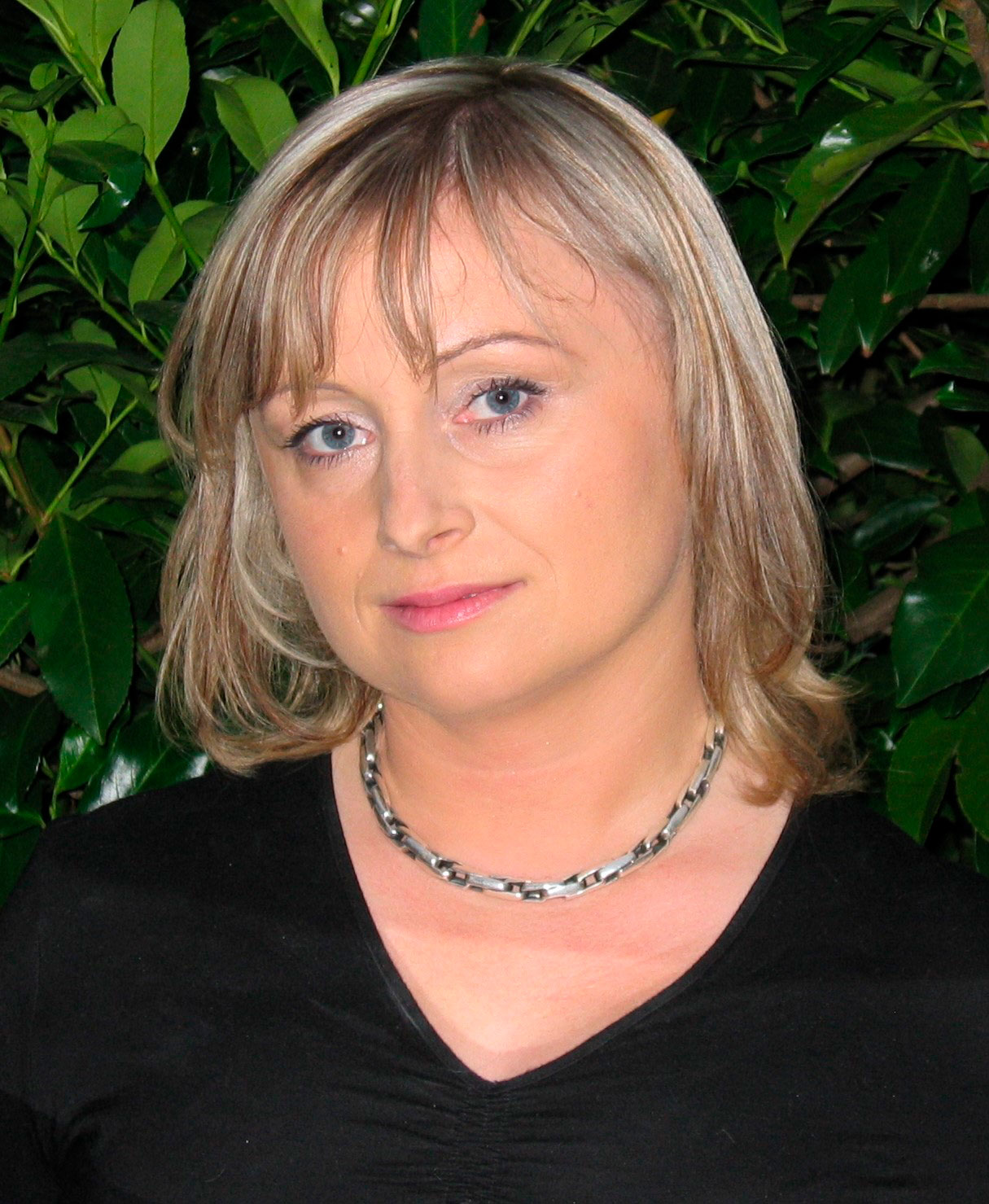

Evolution of heterogeneous cellular systems: Mechanistic mathematical modelling to uncover the dynamics of developmental cell hierarchies in regeneration and cancer.
- Friday
- Building 5 Paraninfo (Envases de Cartón)
- 12:00 - 13:00
Stem cells in adult tissues generate cells needed for plasticity, growth and repair, and play a critical role in the development of cancer. Proper system performance requires a continuous capacity of stem cells to self-renew and differentiate, called stemness, which must be robustly regulated at the cell population level. The system typically exhibits great heterogeneity at the single cell level, which evolves in time and space. It is not yet understood if and how this heterogeneity contributes to the control of the system. In this talk I will discuss mathematical approaches to modelling and analysing stem cell transitions. Inferring information about the control of stem cell dynamics from single cell data requires combining statistical data analysis with mechanistic models of stem cell self-renewal and differentiation. A new class of structured population models can describe the evolution of cell distributions in the feature space revealed by single cell omics, which can be defined in terms of the measure differential equations. Theoretical concepts and modelling challenges will be discussed using examples of adult neurogenesis and glioblastoma, in particular the role of cellular hierarchies in cancer progression and model-based data analysis.




